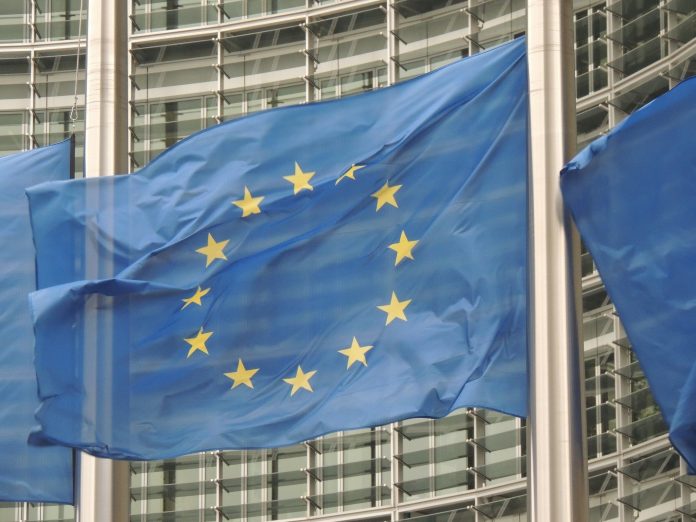On October 3, the Commission adopted a Recommendation regarding critical technology areas for the economic security of the EU. This is part of a larger EU economic security strategy outlined in the Joint Communication on a European Economic Security Strategy.
The Recommendation focuses explicitly on assessing technology risks and leakage, one of the four types of risks addressed in the comprehensive approach. The risk assessment will be conducted objectively; no outcomes or actions can be predicted now. The Commission has identified ten critical technology areas in the Recommendation.
“Today, we are delivering on our pledge to de-risk the European economy by identifying ten areas of technologies that are critical for our economic security, especially due to their risk of civil-military fusion. This is an important step for our resilience. We need to continuously monitor our critical technologies, assess our risk exposure and – as and when necessary – take measures to preserve our strategic interests and our security. Europe is adapting to the new geopolitical realities, putting an end to the era of naivety and acting as a real geopolitical power,” said Thierry Breton, Commissioner for Internal Market.
The criteria used to select these technology areas include their potential to enable significant increases in performance and efficiency and to bring about radical changes in various sectors and capabilities. Additionally, consideration was given to the potential for these technologies to advance the civil and military industries and the risk of certain technologies being used to undermine peace and security. Finally, the Commission considered the potential for these technologies to be misused in violation of human rights, including restricting fundamental freedoms.
Collective risk assessments with Member States
The Recommendations report highlights the top four technology areas that pose immediate security risks related to technology leakage. These include Advanced Semiconductors technologies such as microelectronics, photonics, high frequency chips, and semiconductor manufacturing equipment; Artificial Intelligence technologies like high performance computing, cloud and edge computing, data analytics, computer vision, language processing, and object recognition; Quantum technologies, including quantum computing, quantum cryptography, quantum communications, quantum sensing, and radar; and Biotechnologies that involve techniques of genetic modification, new genomic methods, gene-drive, synthetic biology.
The Commission advises that Member States work with them to conduct a collective risk assessment of these four areas by the end of this year. The report includes guiding principles to structure the collective risk assessments, including consultation with the private sector and confidentiality protection.
Suppose the Commission proposes further collective risk assessments with Member States on any listed additional technology areas or subsets. In that case, they will consider ongoing or planned actions to promote or partner in the technology area under consideration.
The Commission will also keep in mind that measures taken to enhance the competitiveness of the EU in the relevant areas can help reduce certain technology risks.
The Commission plans to work with Member States and their experts to assess the potential risks of four particular technology areas. They will also discuss with Member States when to conduct further risk assessments, considering the time factor and how threats may evolve.
“Today, we are launching collective risk assessments, together with our Member States, in four technology areas critical for our economic security. Technology is currently at the heart of geopolitical competition and the EU wants to be a player, and not a playground. And to be a player, we need a united EU position, based on a common assessment of the risks. With this approach we will remain an open and predictable global partner, but one who nurtures its technological edge and addresses its dependencies. Our single market will only get stronger as a result in all its parts,” said Vice-President Věra Jourová.
By Spring 2024, the Commission may propose additional initiatives based on the initial risk assessment results and Member States’ feedback. It’s important to note that the recommendations only determine specific measures to be taken once a thorough risk assessment has been completed on each technology area.

